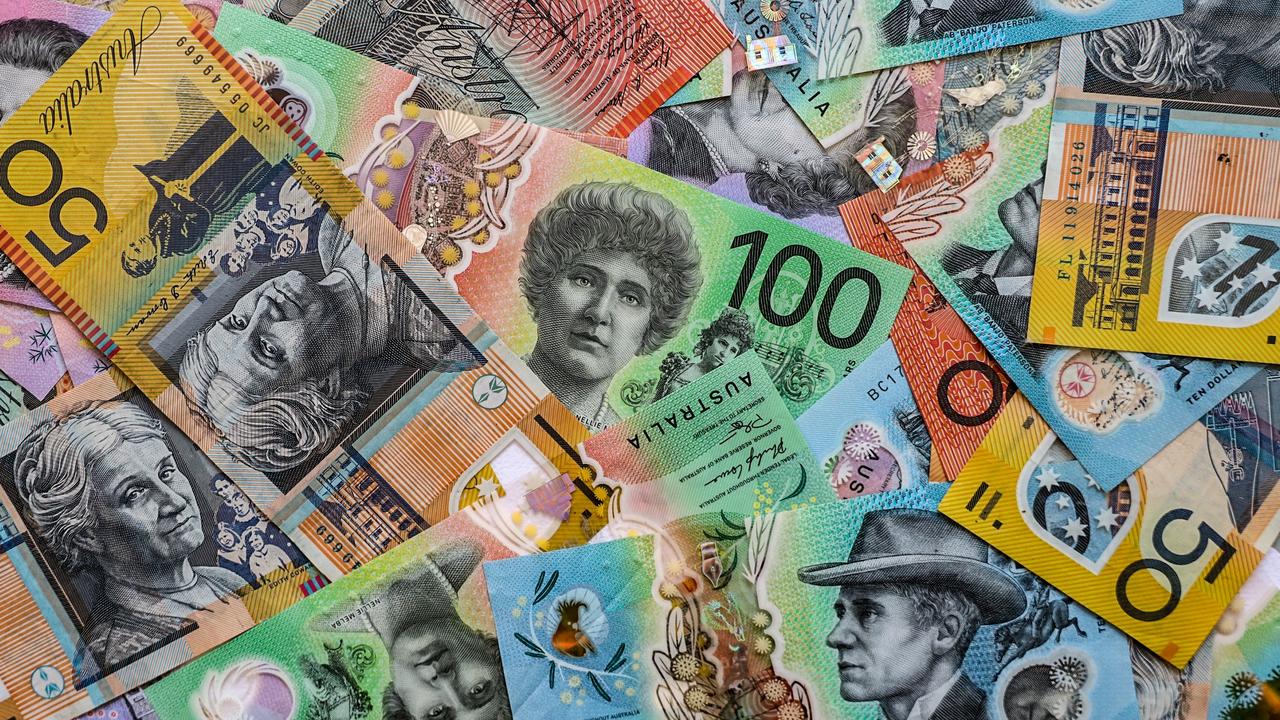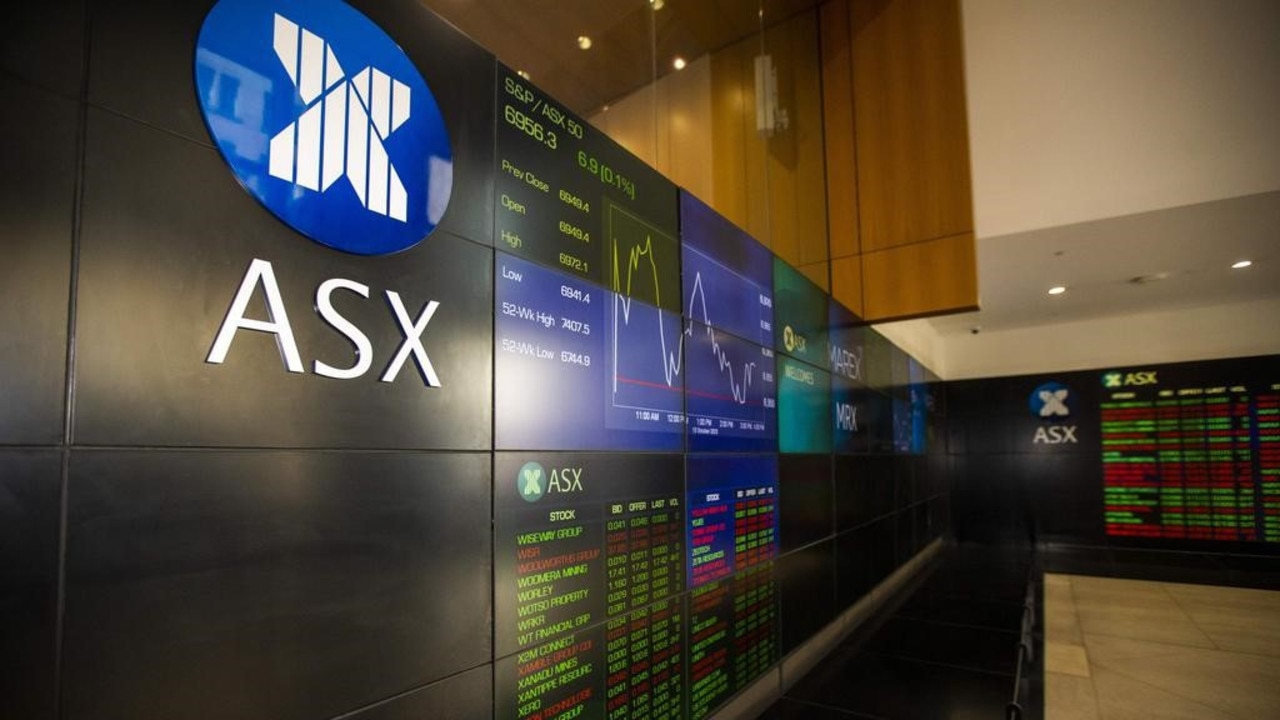China’s ban on coal could cost Australia $15 billion a year
It’s a huge problem that doesn’t appear to be going away – and it could cost the Australian economy a whopping $15 billion a year.

In June last year, the people of Sydney woke to the unexpected sight of the Chinese Navy in the harbour. For some, it was a concerning sign that the Morrison government had perhaps allowed Australia to be pulled too far into Beijing’s orbit.
At the time Prime Minister Scott Morrison said the publicly unannounced arrival of the warships had been planned for some time and it was a “reciprocal visit” after Australian naval vessels had visited China.
Now, less than 18 months later, things couldn’t be more different between Canberra and Beijing, with diplomatic and trade relations seemingly continuing to deteriorate with each passing day.
RELATED: China’s new ploy to hurt Australia

RELATED: Plan to combat China threat
And it’s not just the relationship between Australia and China that has changed dramatically since the COVID-19 pandemic began in Wuhan, China in January.
India, Japan and the United States are all pressing for increased co-operation with Australia on everything from supply chain security, to cementing a potential NATO-like alliance in the Indo-Pacific.
This ongoing transformation of the geo-strategic balance of the Indo-Pacific has likely played a role in further accelerating the deteriorating Canberra’s trade relationship with Beijing.
Up until recently Beijing had chosen to target a number of Aussie exports to China, including but not limited to, barley, wine, wheat and beef.
These trade actions are no doubt damaging to affected industries and businesses, but at the same time when contrasted with the enormous volume of Australian exports to China, were actually relatively minor.
However, in recent weeks, there were concerning signs that Beijing may be adding a far larger and economically vital industry to its list of targets, our coal exports.
According to a report from shipping news website Splash, in late September, there were more than 20 large bulk carriers with cargo holds filled with Australian coal waiting to be unloaded at Tangshan’s Jingtang Port in North Eastern China.
RELATED: ‘Immediately stop’: China’s warning to US
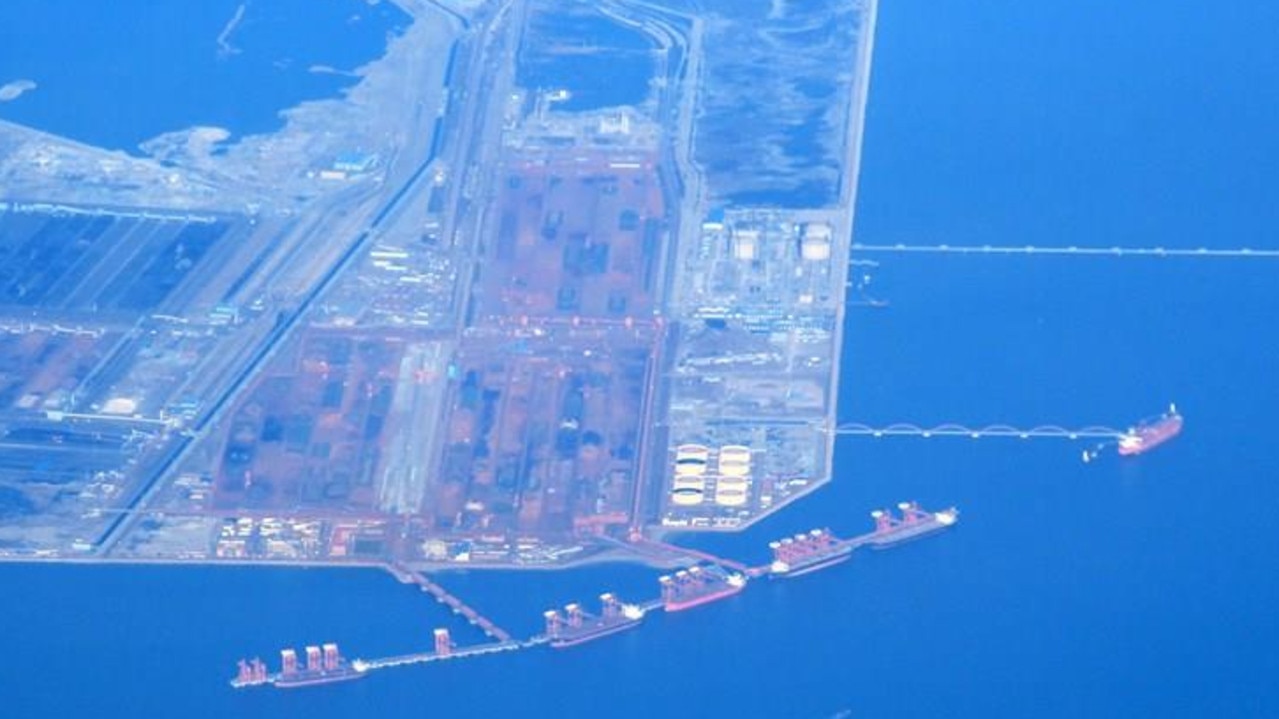
Delays in unloading cargo are not uncommon in China’s ports, whether due to monthly import quotas imposed by the Chinese Communist Party or simply logistical challenges due to the sheer volume of traffic.
But this time is different. Rather than the delays of up to 45 days Australian coal export shipments were forced to endure last year, in this instance most of these ships have been waiting to unload their cargoes for more than three months.
These issues are not isolated to the port of Jingtang, there are many other ships experiencing the same problem in multiple other ports across the industrial heartland of North Eastern China.
In recent days the likely reason for these delays has become clear, Chinese authorities have reportedly banned imports of Australian coal indefinitely.

Amid the backdrop of the ongoing one-sided trade war between Beijing and Canberra, this ban on imports of Australian coal would mark the largest escalation in the conflict so far.
By banning Australian coal imports, Beijing would be effectively blowing a $15 billion a year hole in the Australian economy, just as it attempts to recover from the COVID-19 pandemic.
According to analysts the ban could be in place for the long haul.
“China is less reliant on Australian coal imports compared with, say, iron ore, therefore we have little reason to doubt that this verbal warning could persist for an indefinite period as a potential retaliatory measure over recent political tensions,” Navigate Commodities managing director Atilla Widnell said.
While there has been no official notice in writing of the ban, Beijing has passed on word regarding the ban verbally throughout the Chinese shipping industry, likely in order to avoid a potential complaint by Australia to the World Trade Organisation (WTO).
Outside of China, across the world the demand for coal is still yet to bounce back to pre-pandemic levels. As the global economic recovery proceeds more slowly than first anticipated by economists, it also now faces further challenges in the form of second and third waves of the virus across much of the world.
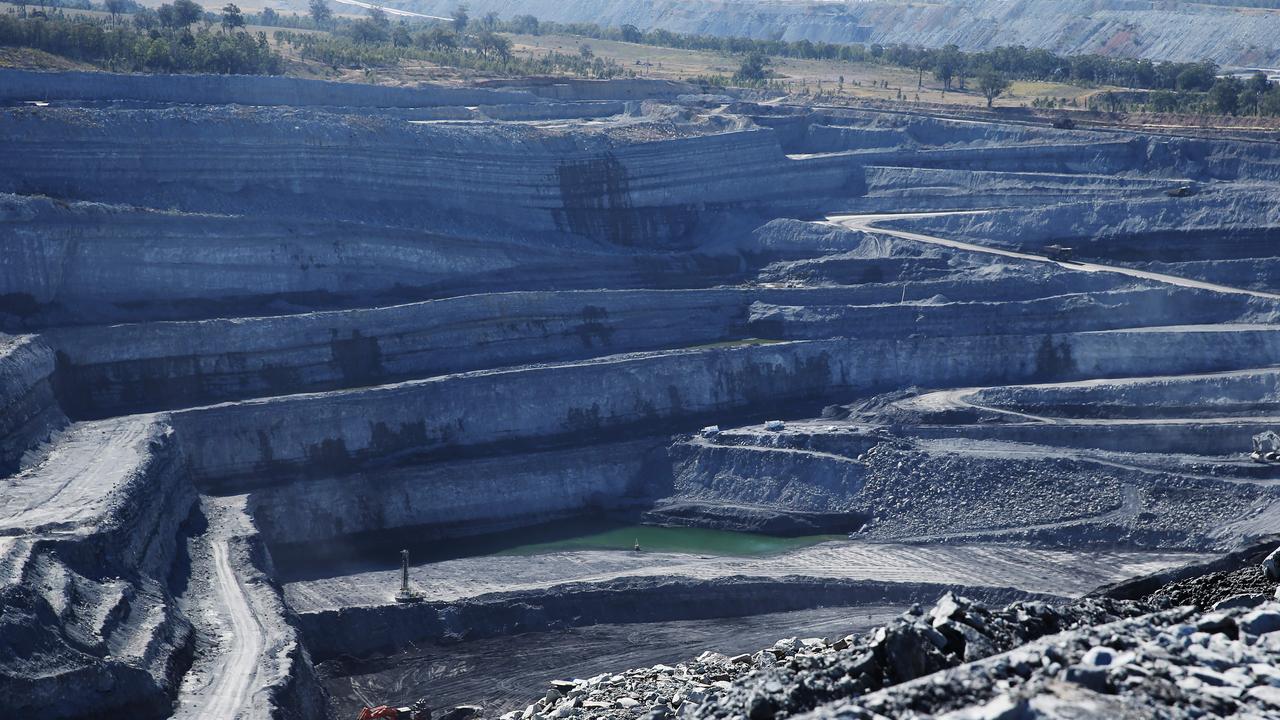
Unfortunately for Australia in the current global economic environment its leverage in the coal trade with Beijing has effectively all but evaporated.
Global steel production has collapsed, with Japanese steel manufacturing down to its lowest level in 52 years and European trade unions warning 50 per cent of European steelmaking capacity could be gone by the time the pandemic is over.
With demand for both thermal and metallurgical (steelmaking) coal likely to remain well below pre-pandemic levels for potentially years to come, Beijing has chosen the perfect time to strike.
With the global economy set to remain weak for years to come, it’s entirely possible the apparent Chinese ban on Australia coal exports could be in place for the foreseeable future.
While exporting coal may be viewed by some as an unimportant relic of the past, for our economy the reality is quite a bit different. China currently consumes around $15 billion a year worth of Australian coal exports.
As the nation struggles to recover from the pandemic and the subsequent recession, the potential loss of coal exports to China in the current economic environment could add months or even a year to the length of the nation’s economic recovery.
With Beijing pledging that it will go carbon neutral by 2060 and renewables growing in popularity, declining coal exports was a reality Australia was going to have to confront sooner or later.
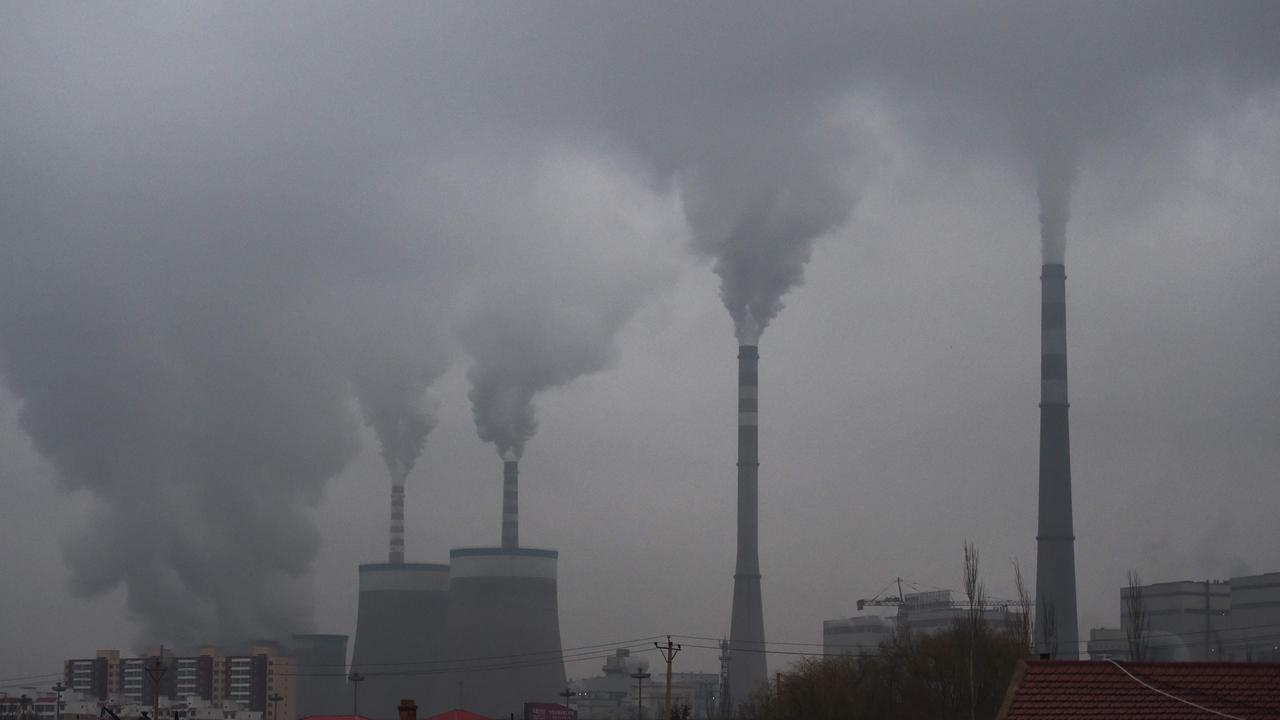
But as the pandemic continues to wreak havoc overseas and at home, many never conceived the notion that China’s thirst for Australian coal could all come to a complete stop effectively overnight.
The Morrison government is right to assert Australia’s sovereignty and freedom from Beijing’s growing influence. But it also needs to be acknowledged that this independence has a substantial cost.
Ultimately, it is one that we should as a nation be willing to pay, but a frustrated Chinese Communist Party has ensured that Australia may pay a heavy cost for its defiance far sooner than many anticipated.
Tarric Brooker is a freelance journalist and social commentator | @AvidCommentator


